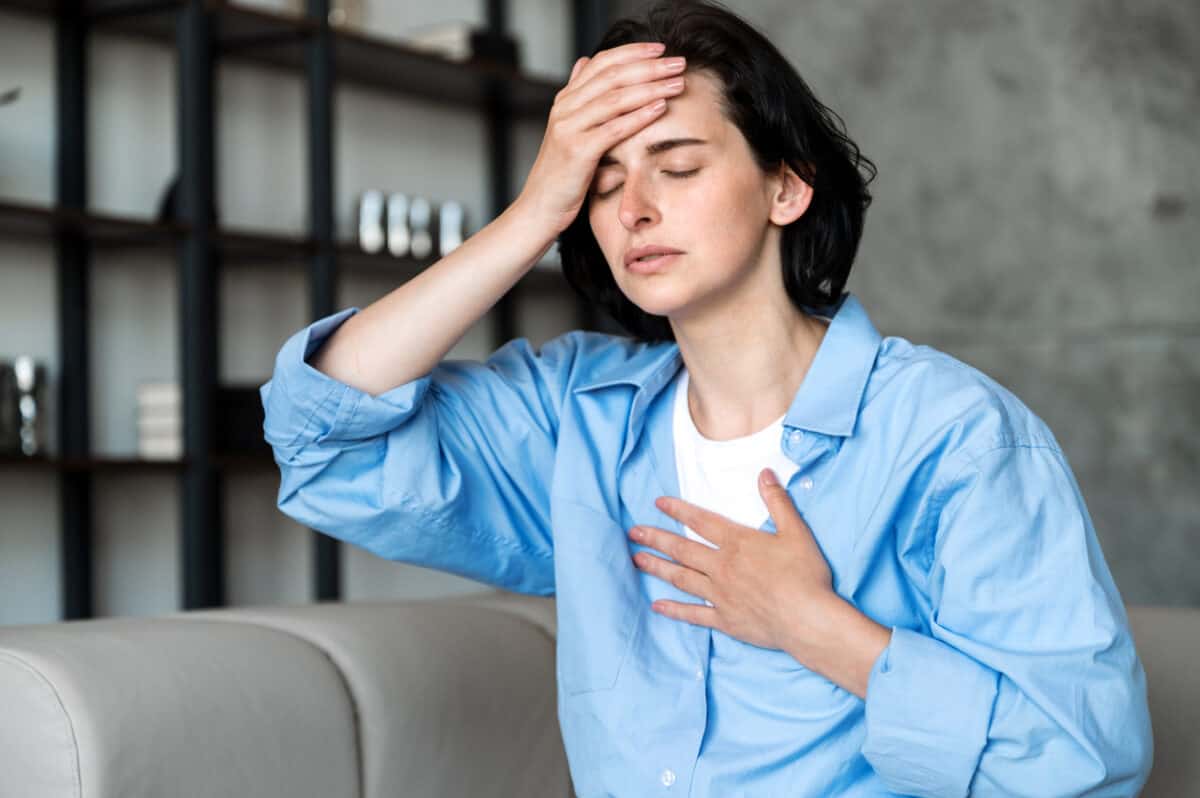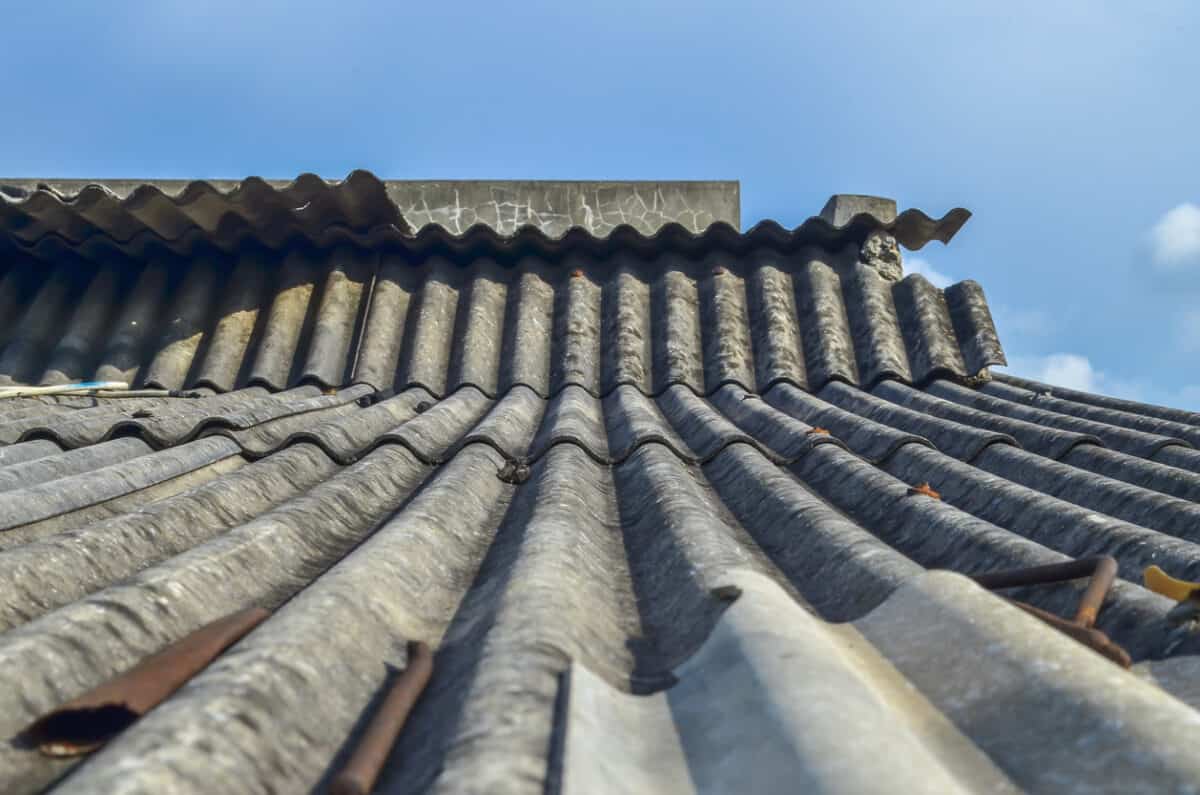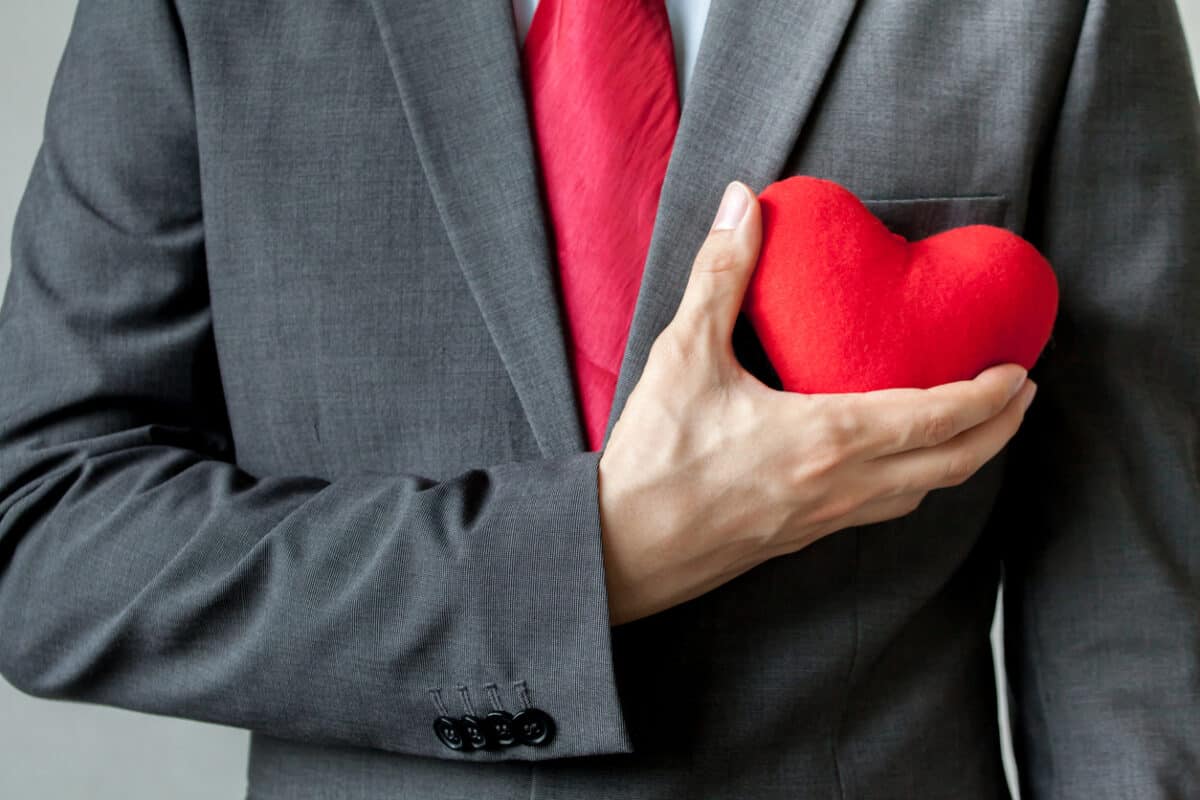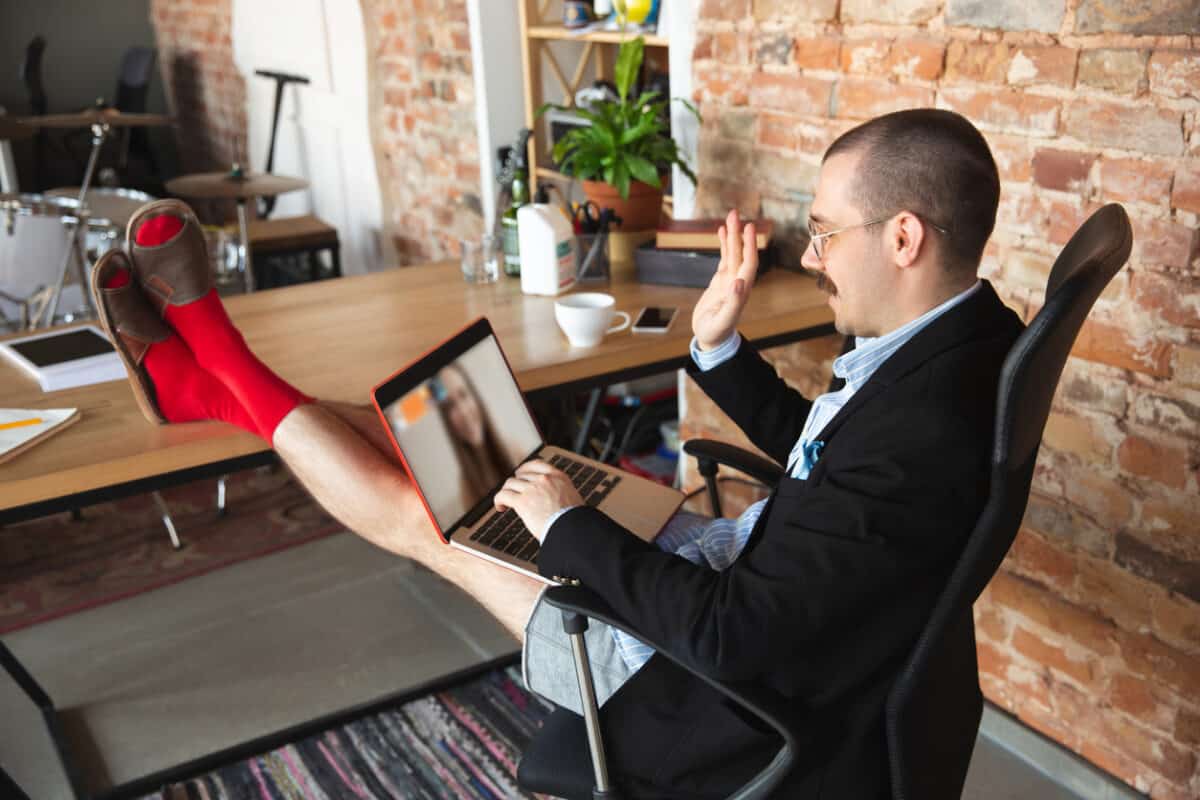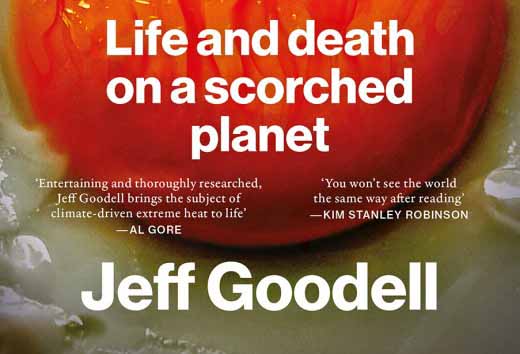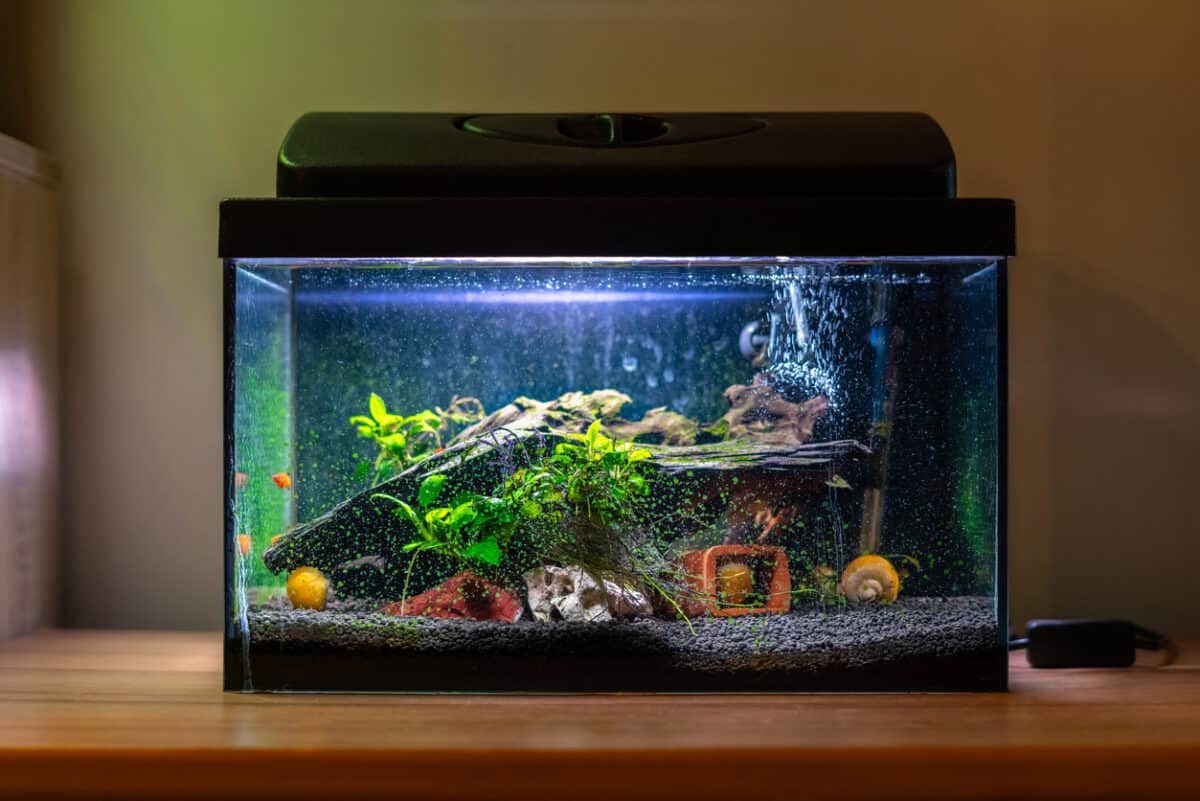There is a rather delicate work health safety challenge in the air as people increasingly return to working in close quarters with colleagues after the COVID-19 pandemic. Fragrances or, more precisely, hundreds of undisclosed chemicals in many scents and perfumed products, are playing havoc with the immune systems of COVID long-haulers.
In eastern Victoria, social worker Jenna* found herself gasping for breath in a meeting with a new heavily perfumed colleague. Jenna said:
“I started coughing uncontrollably. Within seconds, I could barely breathe, and I thought I was headed for hospital.”

